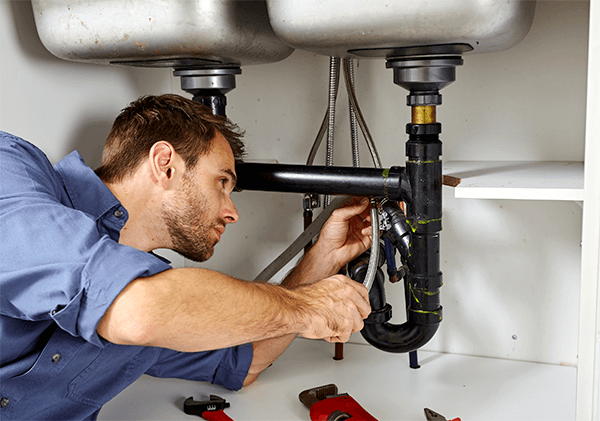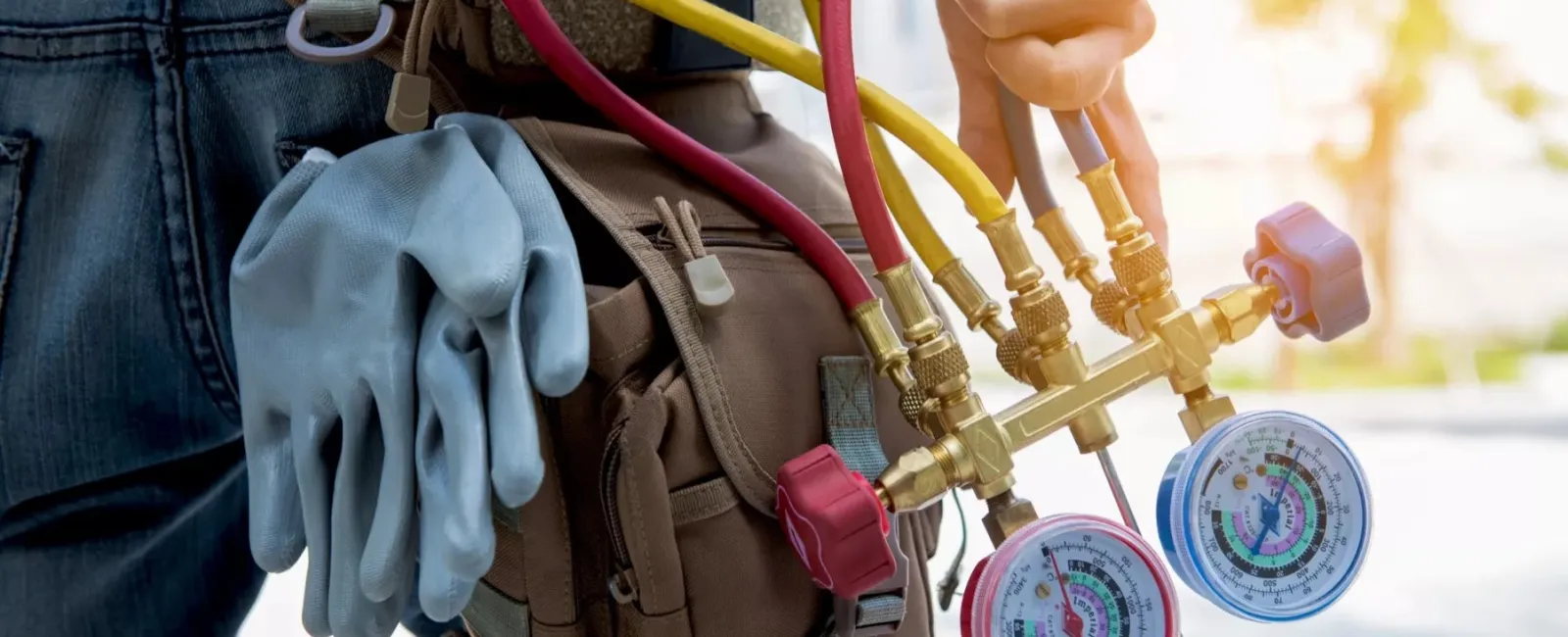Quick Solutions for Emergencies Until Support Arrives
Quick Solutions for Emergencies Until Support Arrives
Blog Article
We have unearthed this post on Plumbing Emergencies: Tips on What To Do Before below on the internet and accepted it made perfect sense to talk about it with you in this article.

Pipes emergencies can strike at any moment, creating stress and prospective damages to your home. Whether it's a burst pipeline, a clogged up drain, or a leaking tap, knowing exactly how to handle the scenario up until a specialist plumbing arrives can save you from more complications. This short article gives important emergency pipes pointers to help you reduce damages and reclaim control during a plumbing dilemma.
Switch off the Water System
The very first step in any plumbing emergency is to shut down the water. For local issues, such as a leaking faucet or bathroom, switch off the shutoff near the component. In the case of a major leak or ruptured pipeline, situate your home's major water shut-off valve and turn it off instantly. Knowing the location of these valves in advance can conserve useful time during an emergency.
Address Small Leaks with Short-term Fixes
Small leaks can promptly come to be substantial issues if left untreated. Make use of these temporary fixes until specialist aid gets here:
While these fixes aren't irreversible, they can help minimize water loss and damages.
Unclog Drains Safely
A clogged up drainpipe can be an aggravating and unpleasant problem. Here's just how to tackle it:
If these methods do not function, avoid using excessive force, as it might worsen the blockage.
Handle Overflowing Toilets
An overflowing bathroom can trigger instant turmoil. Right here's what you ought to do:
Turn off Your Water Heater
In specific emergencies, such as a ruptured pipeline, it's wise to turn off your water heater. This protects against getting too hot or damage to the device when water stops moving. Shut off the power supply to the water heater (electrical or gas) and let it cool off to avoid potential hazards.
Temporarily Quit a Ruptured Pipeline
A burst pipe can lead to substantial water damages in mins. To reduce the issue:
Call an expert plumbing promptly to resolve the trouble completely.
Manage Frozen Water Lines Very Carefully
In colder climates, frozen pipes are a typical emergency. If you think a frozen pipe:
Protect against More Damages
Taking fast activity to decrease damages can conserve you money and time in the future. Below's just how:
. Have an Emergency Plumbing Kit
Prepare a basic pipes emergency situation set to manage minor issues efficiently. Your kit needs to consist of:
Having these tools handy can make a considerable difference in your capacity to handle emergencies.
Know When to Call a Professional.
While quick fixes can aid briefly, certain pipes concerns need immediate specialist interest. Call a plumbing professional if:.
Without delay calling a professional ensures the problem is dealt with appropriately and prevents more problems.
Verdict.
Plumbing emergency situations can be frustrating, but with the ideal knowledge and devices, you can manage the scenario successfully until assistance arrives. By switching off the water system, addressing tiny leaks, and utilizing temporary repairs, you can decrease damage and keep your home safe. Bear in mind, these suggestions are short-lived solutions; constantly consult an accredited plumbing professional to deal with the source of the problem. Preparation and fast thinking are your finest allies in any kind of plumbing emergency.
8 Helpful Tips for Managing Plumbing Emergencies at Home
If your plumbing system hasn’t failed once, wait for it because almost everyone has a story to tell. Sometimes, it could be simple emergencies such as a leaking pipe, a blocked cistern, or even a big burst pipe. In situations like this, you need to have some handy tips to save you some money and from possible damages.
Take care of minor issues early.
Sometimes, you could have avoided an emergency by taking proactive measures while it was still early. Some major plumbing emergencies can be a result of an ignored minor issue. We recommend that you have items like plumbing tapes and other related items. A plumbing tape can allow you to manage minor leaks before the plumber arrives.
Cut off the water supply.
This tip is essential in almost any type of leakage problem. For problems like minor leakages in the toilet or kitchen, turn off the supply that takes water to the affected pipes. If the leakage is a major pipe, you must shut off the supply valve to the entire building. This will help you avoid flooding your home and neighbors if you share a flat.
Know your plumbing system
Folks typically move into a new apartment without understanding the water supply around the building. This can prove disastrous if a water emergency arises and the plumber is far away. The previous tip will prove useless if you don’t practice this one. More importantly, know where your water shut-off valve is located – you’ll need that knowledge to prevent potential home floods.
Have some common handy tools
There are lots of plumbing emergencies that you can handle without hiring a plumber. That’s why you must keep some tools available always. Some tools that you can use to fix simple plumbing emergencies easily include plumbing tapes, screwdrivers, thread seal tapes, plungers, pliers, tape measures, and rubber gloves.
Insulate your pipes from cold
You’ll save yourself from many plumbing expenses if you protect your water pipes from the cold. This is because of the harmful effects that cold weather can have on your pipes. During winter, your pipes can burst from being overly expected to freezing temperatures. So, make sure insulators are there to keep the pipes working correctly.
Avoid practices that will clog your toilet.
Many people indulge in practices that can damage the plumbing system of the entire building. One of these is when they use their toilet to dispose-off garbage. They flush all kinds of things, such as paper towels, bandages, hairs, female sanitary products, etc., down the toilet. This will block your toilet in the long run, incurring unnecessary expenditures. Dump such waste in the trash instead.
Check your dials regularly.
Sometimes, there could be leakages in your home without noticing them in time. So, constantly monitor your water meter dial. If the dial is reading when there is nobody using water, this is an indicator that there is leaking. Check for leaks immediately. Call a plumber as soon as possible if you can’t find any.
https://www.constructionplacements.com/8-helpful-tips-for-managing-plumbing-emergencies-at-home/

I was made aware of that report about through an associate on another web address. I beg you take the opportunity to share this entry if you liked it. Many thanks for being here. Please check our website back soon.
Call Today Report this page